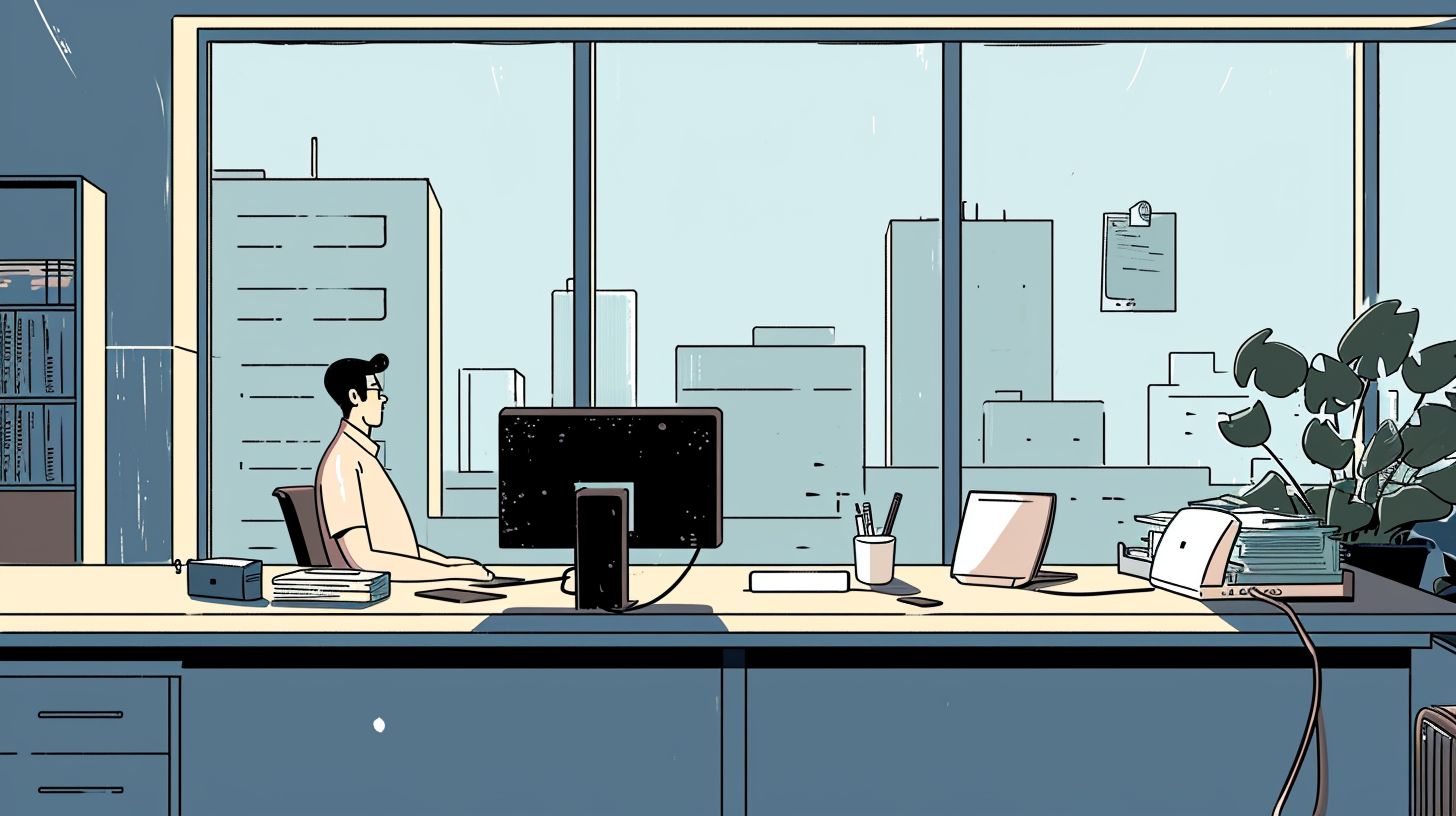You poured your heart and soul into your company, and despite the challenges and tough times, you continue to plow on. Your friends and family have another perspective, yet you’re optimistic that better days are ahead.
However, the investors' excitement is at an all-time low and, deep down, you're wondering how long this boat will stay afloat.
Knowing when or if to call it quits is one of the toughest decisions startup founders can make. To make decision making just a bit easier, in this blog, we’ll share 5 tell–tale signs that help startup founders know when to close their company.
How Do You Know When It's Time to Shut Down Your Startup?
The following are five signs it is time to wrap things up and move on.
Your Startup Runway is Continuously Shrinking
Here’s an unfortunate fact of life: hard work and countless grueling hours don’t necessarily translate to business success.This is particularly evident when you consider your financial runway – the amount of time your company can operate before running out of money. After a few months (or even years) of trying and failing to meet revenue and profitability goals, going further into debt is not ideal.
So when relentless strategy revisions and continuous pursuit of VC funding fail to revive your financial health, it may be time to make the tough but necessary decision to move on.
The Fire in the Belly Is Gone
The desire to build a unicorn is perhaps the biggest reason why people embark on an entrepreneurial quest, followed closely in second by passion.
Passion, enthusiasm, motivation, the need to prove something to someone – call it whatever. It’s that hunger in the belly that gets you up early in the morning, ready to get to work, and not just any work, work that brings joy and fulfillment.
So, if you’re in a position where you lack the same drive, running company affairs feels like a burden, and you’re either too tired or burnt out most of the time, it’s time to sit down and seriously contemplate whether it’s even worth running the company anymore.
The Market and Its People Have Moved On
There’s a concept known as Product Market-Fit, which basically means that people are willing to spend money to purchase one or more things you offer. It's a marital relationship of sorts; you're happy, and your customers are happy, until one of you isn't, and it's usually the customer.
Now, this doesn’t always mean that your product or service starts to suck. It could be because your company didn’t adapt to external changes and got left behind. To illustrate this, McKinsey published a joint study showing how companies adopting an eco-friendly approach recorded higher sales and overall growth than their competitors.
Some of the competitors adapted a bit late but managed to survive, others weren’t so lucky and had to shut down. Other times, it’s not consumer preferences that have changed. Instead, there’s a sudden surge of competitors and new power players in the niche, resulting in market saturation and making it harder to sustain revenues and stand out from the competition.
More can be said on the topic, but if you're finding it difficult to survive because your customers aren't interested in your offerings and have moved on, maybe you should consider doing the same or pivot.
The Team Is Falling Apart
You’ve probably heard this before or have realized it from personal experience: a company’s most valuable assets aren’t its material (and also digital) possessions. Instead, it’s the people, the founders and key employees who set the foundations for success.
Which is why when these core team members start to drift away, the foundations begin to weaken. It’s not simply a staffing matter at this point, it’s also the effect it has on the rest of your company. Is there a general air of uneasiness? Do you sense the collaborative spirit slowly dwindling away? These subtle hints are actually red flags that can be difficult to identify.
Frequent disagreements with co-founders could also signal the beginning of the end. And if one or more founders are hesitant to bring up difficult conversations, this only delays the company dissolution process.
If your team is falling apart, you could remedy the situation by having a frank discussion with your co-workers, soliciting feedback from exiting employees on what went wrong, and boosting team morale by getting everyone involved in team-building activities. However, if that’s a tried and tested strategy which didn’t bring positive change, you should probably consider calling it a wrap.
The Health Costs Are Too Much
Trying to save a struggling company is no easy feat; you're meant to be the first to enter and last to leave, develop and execute strategies to turn things around, and lead the rest of your team by example.
As a captain (or one of the captains) of this ship, putting in the ‘grind’ is commendable until it comes at the expense of your mental and physical health. Clear signs of personal not-so-well-being include perpetual stress and anxiety, poor eating habits, sleeplessness, and difficulty in completing simple tasks, and it’s usually not just you who suffers.
Personal relationships tend to go south, team morale gets affected, and, in general, it gets harder to enjoy life outside of work. Hopefully, none of this sounds familiar. But if it does, you should definitely consider shutting down your startup.
Conclusion
That sums up the five biggest signs that it's time to shut down your company. From what we've seen, many startup founders go on to achieve great things. They realize the grass is greener on the other side, but that only becomes possible after closing their failing company.
Conventional norms dictate that the best way to terminate your company is by spending tens of thousands of dollars in legal fees – or is it?
Here at SimpleClosure, our philosophy is to help founders properly and efficiently terminate their company in the easiest, quickest, and most affordable way possible.
We do that by leveraging tech and years of experience safely shutting down companies, but how does it work?
Well, we have a small chat, you provide us with some important details, and we take care of the rest while keeping you in the loop.
Sounds like something that could be helpful? Then, let’s get started!

